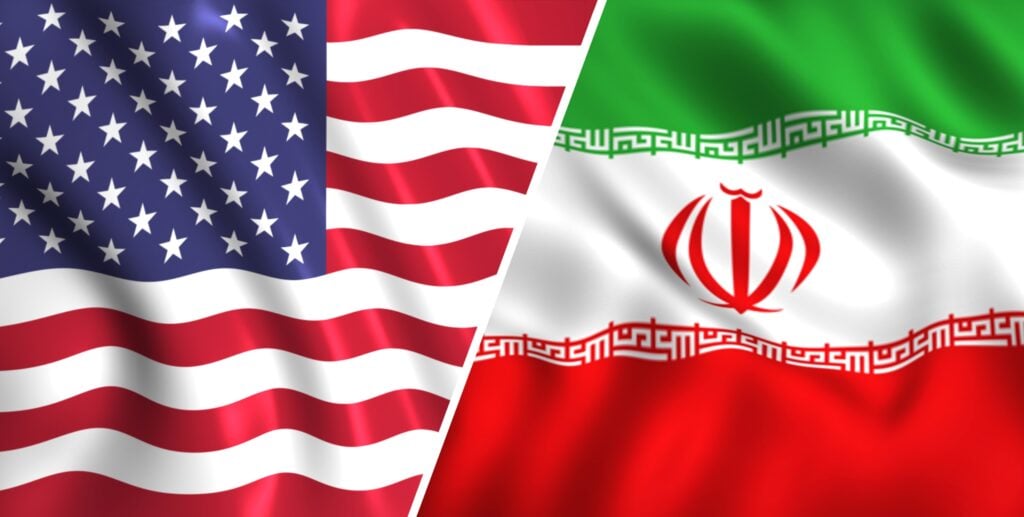Iran Conflict: Unraveling Global Economic Stability
The geopolitical landscape of the Middle East has long been a focal point of international attention, and the ongoing conflict involving Iran is a significant contributor to global economic volatility. As tensions ebb and flow, the world watches closely, wary of the potential repercussions on global economic stability. This article delves into the intricate dynamics of the Iran conflict and its far-reaching impacts on the global economy.
Historical Context
Iran’s strategic position, abundant natural resources, and significant influence in the region have long made it a pivotal player in Middle Eastern geopolitics. The nation’s contentious relationship with Western powers, primarily due to its nuclear ambitions and involvement in regional conflicts, has led to periodic escalations that reverberate across global markets. Sanctions and diplomatic standoffs, such as those re-imposed by the US in 2018, have severely impacted Iran’s economy, yet the broader implications extend far beyond its borders.
Strains on Oil Markets
Iran holds one of the world’s largest reserves of oil and natural gas, making its stability crucial to global energy markets. Any disruption in Iranian oil exports can lead to significant price fluctuations. For instance, heightened tensions have previously triggered spikes in oil prices, unsettling markets and burdening economies dependent on oil imports.
Moreover, Iran’s strategic location near the Strait of Hormuz, a critical chokepoint for global oil transportation, means any military conflict or threat thereof can lead to broader disruptions. The mere possibility of restricted passage through the strait can induce panic, as approximately 20% of the world’s petroleum passes through this narrow waterway.
Nuclear Tensions and Sanctions
The ongoing disputes over Iran’s nuclear program have led to multiple rounds of sanctions, affecting not only Iran but also international businesses and economic partnerships. Sanctions disrupt trade, drive up costs, and force companies to navigate complex regulatory environments, often resulting in decreased investment and economic inefficiencies worldwide.
The Joint Comprehensive Plan of Action (JCPOA), or the Iran nuclear deal, initially served as a framework to ease tensions by lifting certain sanctions in exchange for curbs on Iran’s nuclear program. However, the US withdrawal in 2018 led to renewed tensions, destabilizing relationships and impacting global markets.
Regional Instability and Geopolitical Risks
Iran’s involvement in regional conflicts, whether in Syria, Iraq, or Yemen, exacerbates geopolitical tensions, contributing to regional instability. Such instability can deter foreign investment and adversely affect neighboring economies, further compounding the threat to global economic stability.
Moreover, these conflicts often draw in major world powers, leading to a precarious balance of interests that can escalate tensions further. Any misstep or escalation could lead to a broader conflict, potentially disrupting global supply chains and economic activities.
Global Economic Implications
From oil price shocks to disrupted supply chains and heightened geopolitical risks, the broader economic implications of the Iran conflict are diverse. Emerging markets, in particular, can find themselves disproportionately affected due to their reliance on stable energy prices and foreign investments.
Furthermore, international businesses, caught in the crossfire of sanctions and geopolitical maneuvering, face increased risks and uncertainties. This environment can lead to reduced economic growth prospects globally, as markets react to heightened uncertainties and investors seek safer havens.
Conclusion
The Iran conflict remains a destabilizing factor in global geopolitics, with significant implications for economic stability worldwide. While diplomatic efforts aim to find resolutions, the path forward remains fraught with challenges. As stakeholders navigate this complex environment, the need for strategic, multilateral solutions becomes increasingly clear. Achieving sustainable peace and stability not only benefits the region but also underpins the broader health of the global economy. The world will continue to watch closely, hoping for diplomatic breakthroughs that can pave the way for a more stable and prosperous future.

